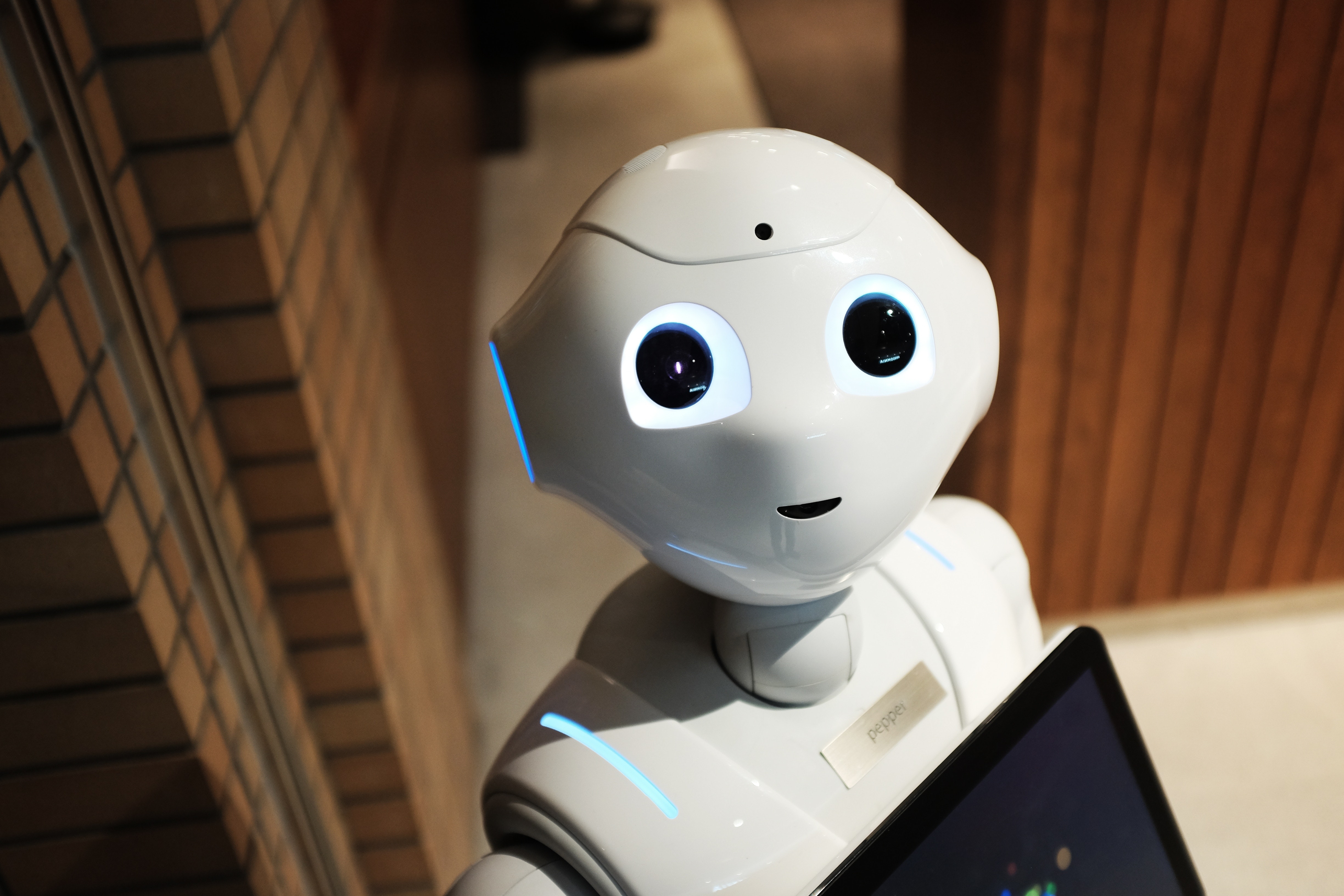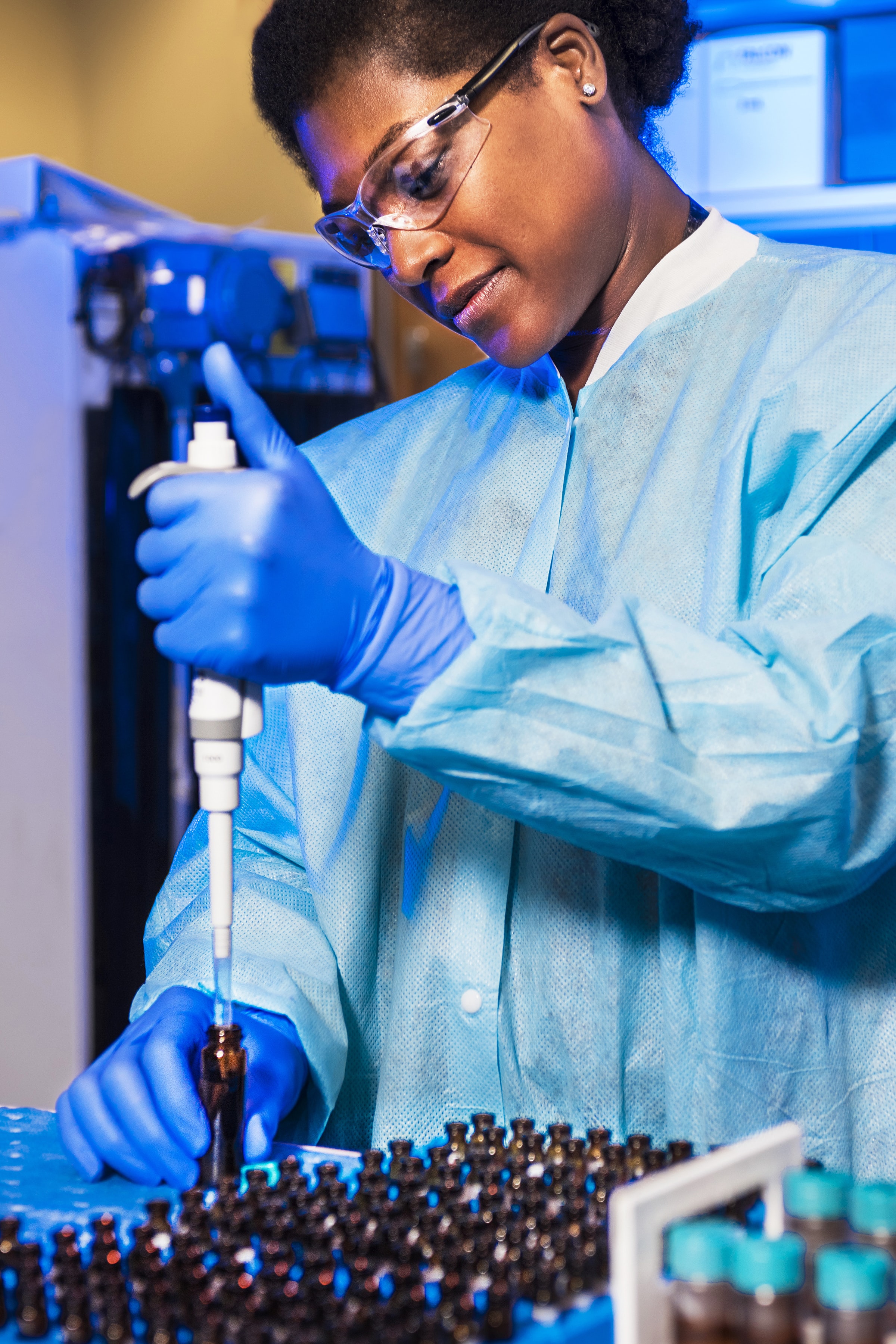<< Hide Menu
Unit 4 Overview: Influences of Science and Technology
4 min read•june 18, 2024
Isabela Padilha
Isabela Padilha
Unit 4 Overview
Unit 4 explores the massive role that science and technology play in our lives today, specifically in regard to Spanish-speaking countries. This unit pushes students to master more challenging vocabulary and content and bridge it with the cultural components they’ve learned in previous units. Science and Technology is the main focus of the unit, however many other units can easily be found within this domain, such as Global Challenges, Contemporary Life, and Personal and Public Identities.
Some major questions we will consider are:
- What factors drive innovation and discovery in the fields of science and technology? / ¿Qué factores impulsan la innovación y los descubrimientos en los campos de la ciencia y la tecnología?
- What role do ethics play in scientific advancement? / ¿Qué papel juega la ética en los avances científicos?
- What are the social consequences of scientific or technological advancements? / ¿Cuáles son las consecuencias sociales de los avances científicos y tecnológicos?

Possible Prompts for the Exam
- How have technological advances, such as robots 🤖 and self-driving cars 🚗, impacted our society? / ¿Cómo han impactado nuestra sociedad los avances tecnológicos, como los robots y los coches autónomos? 💡💡Ideas you could use if you got this prompt💡💡
- Self-driving cars
- Elon Musk / Tesla
- Self-driving cars
- Additional safety measures
- Fuel efficiency
- Robots
- Can do repetitive actions that are dangerous for humans. (ex: dissecting/retrieving a bomb)
- Robotic technology has helped amputees regain functionality in lost limbs.
- Can also take away jobs from humans and cause social friction in their benefits/disadvantages.
- What role do values 🤔 and morals 🧭 play in scientific advancements? / ¿Qué papel desempeñan los valores y la moral en los avances científicos?
💡💡Ideas you could use if you got this prompt💡💡
-
Truth-telling
- It’s up to scientists to report authentic findings and not withhold important information.
- Scientists have a moral obligation to be honest about scientific interventions/advances.
- Examples of this could include genetic testing and genetic modification.

- What steps has your community taken to prevent the spread of sickness 😷 and maintain healthy citizens 😃 in its community? / ¿Qué medidas ha tomado su comunidad para prevenir la propagación de enfermedades y mantener ciudadanos sanos en su comunidad?
💡💡Ideas you could use if you got this prompt💡💡
- COVID-19
- What restrictions happened in your community? How do those compare to national restrictions or restrictions we saw play out across the world?
- AIDS Epidemic
- The fumbling of the AIDS crisis in the 1980s and 1990s has been a traumatic pain source for the gay community, how is the US government reaction different or similar to COVID-19 reactions?
- How has social media 🤳changed your community, both positively and negatively? / ¿Cómo han cambiado las redes sociales su comunidad, tanto positiva como negativamente?
💡💡Ideas you could use if you got this prompt💡💡
- Younger Generations vs. Older Generations
- Younger generations are much more likely to suffer from self-esteem issues due to being raised in a more tech-forward environment.
- Older generations often struggle with tech-forward initiatives (such as signing for a vaccine appointment online)
- Information Spread
- The plethora of social media helps information spread quickly, which can help save lives in deadly events like natural disasters.
- However, it’s easy to spread misinformation on social media which can be very misleading in political elections and other important social movements.

These examples are just a snapshot of some of the American and/or Spanish-speaking culture comparisons you could include in the cultural comparison task. They do not have all of the recommended components in a cultural comparison task response (remember, you need to talk about both your culture and a Spanish-speaking culture*).*
Key Vocab 🔑
Here are a couple of important words for this unit. It is important to understand the meaning of each one and their application within the context of science and technology.
| Vocab in English | Vocab in Spanish | Definition |
| Data | Datos | Se refiere a la estructuración y organización de información, También se refiere al proceso de recolectar, almacenar y mantener información. |
| AI | IA (Inteligencia Artificial) | Campo de informática que desarolla algoritmos y actividades que necesitan la capacidad/inteligencia humana. En otra palabras, la inteligencia articial intenta reproduz la inteligencia humana a través de la tecnologia. |
| Autonomous | Autónomo | Se refiere a la capacidad de hacer algo sin ayuda o apoyo de algún sistema exterior. |
| Morals | Morales | Es un conjunto de valores, ideias y creencias que determinan lo que correcto y incorrecto. |
| Ethics | Ética | Se refiere el estudio de los fundamentos morales llevando en consideración la sociedad y la cultura. |
| Misinformation | Desinformación | Es la publicación de informaciones erradas, sea de forma intencional o no. |
| Innovation | Innovación | La creación de ideas, sistemas y ideas nuevas. También puede ser entendida como la aplicación práctica de conocimientos. La innovación es extremamente importante para el derallo económico de la tecnologia en el mundo contemporáneo. |

© 2024 Fiveable Inc. All rights reserved.